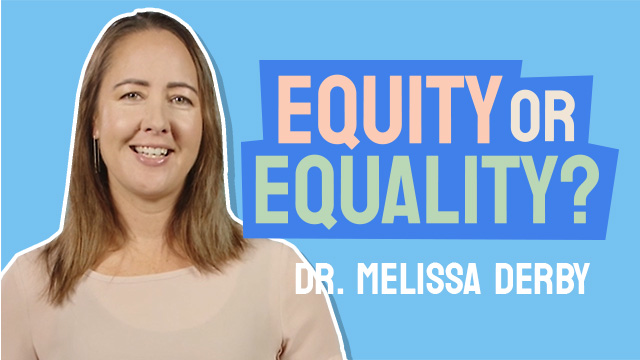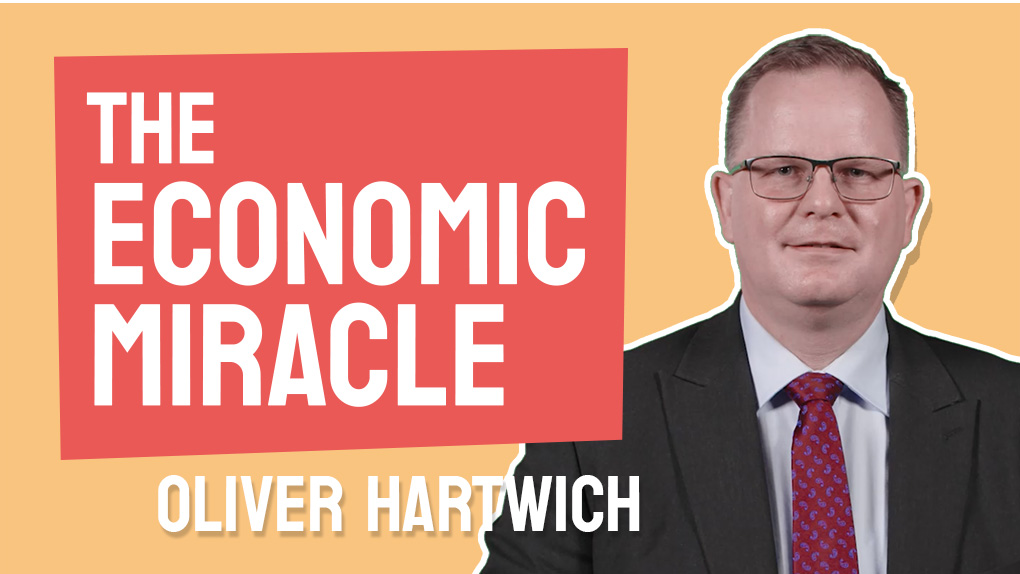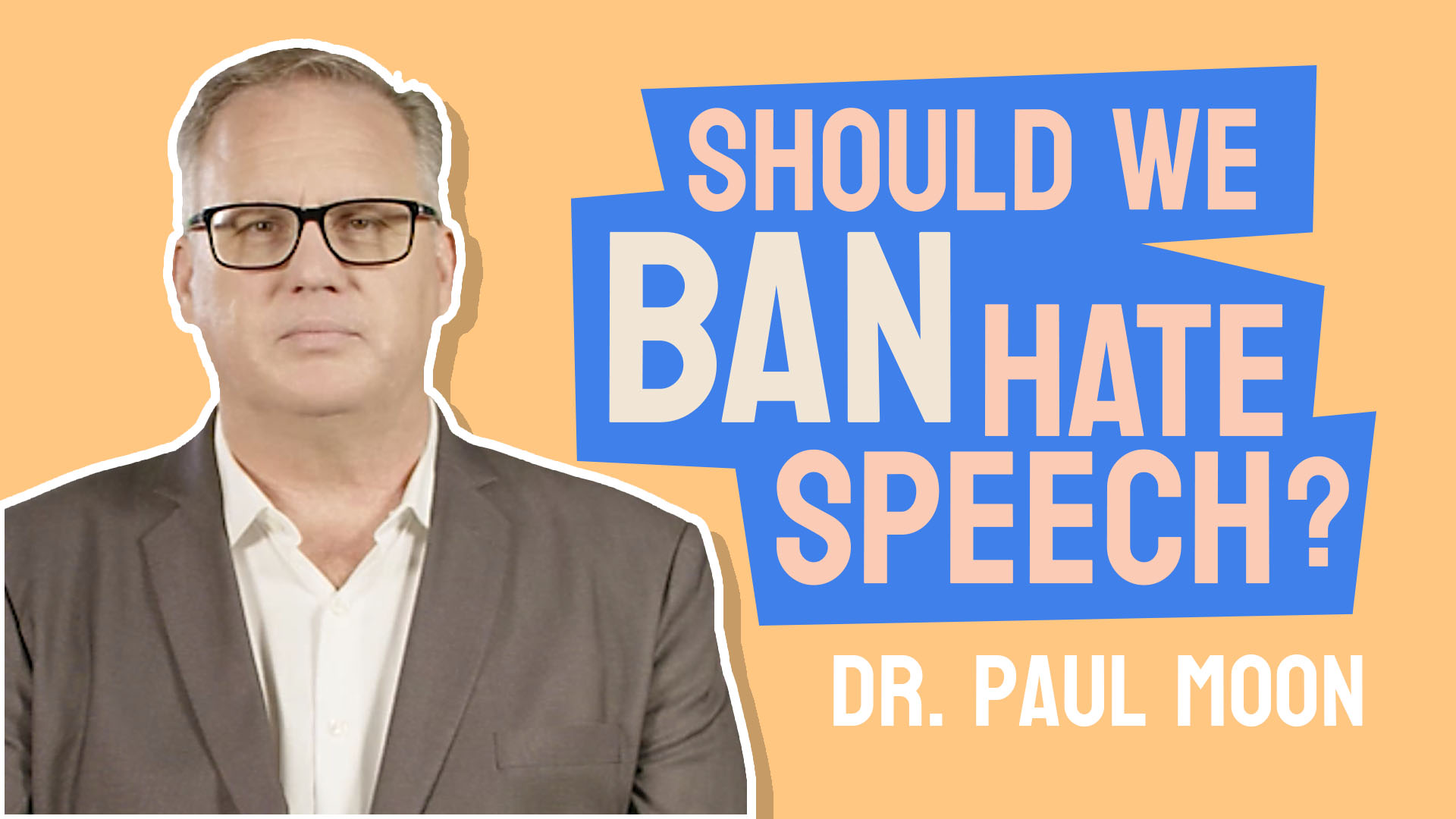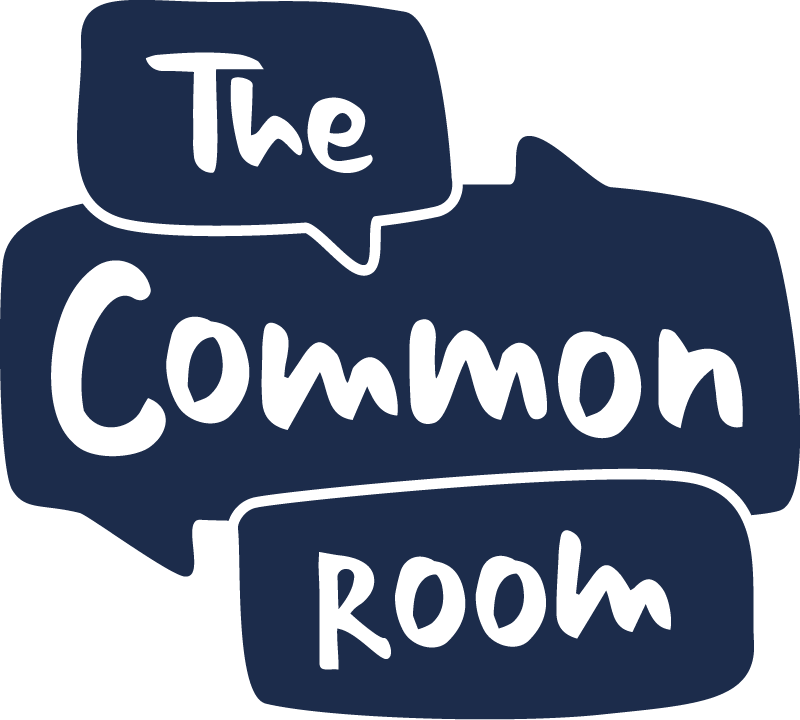Requirements for a good society – part one
22 January 2023, 11.2k views
What constitutes a good and decent society today? We were always taught about the most basic of needs being food and shelter. But beyond that, if you could have anything, what should we ask of the society we are part of? In this video Bruce Cotterill shares part one of his top 10 necessities for a good and decent New Zealand.
Things don’t always change for the better.
I was born in the 1960s, so I grew up at a time that was very different from today. We didn’t have much, but we were never short of things to do. We were trusted by our parents to return in time for dinner, and we seldom found trouble as a result.
In most cases, we knew our neighbours. They were our friends. We checked in on them if we didn’t see them out and about. We respected the police. If we encountered a cop, we’d call him sir. We wouldn’t dare to skip school. And we believed everything the media said. Different times indeed.
Reflecting on those days made me think about what constitutes a good and decent society today. We were always taught about the most basic of needs being food and shelter. But beyond that, if you could have anything, what should we ask of the society we are part of?
So here are my top 10 requirements for a good society:
At the top of my list is law and order. A decent society must provide citizens with an environment where they feel safe and where they can go about their daily lives without fear of incident or accident. If such an event occurs, we want to know that we can turn to a highly responsive and compassionate police force. We’d like them to have the resources to respond to our problem with the urgency and priority that we think appropriate. And, of course, in the event that the judiciary had to become involved, we don’t want to wait for three years for something to get to court. We’d like the courts to operate a fair and honest process in a reasonable timeframe, ensuring a just outcome for all concerned.
Number 2 is quality healthcare. It was the first thing I wrote down when I was thinking about this. We all get crook from time to time. Sometimes a tablet is enough to fix us. At the other extreme, an operation or extensive recovery might be required. My generation has taken such access for granted for most of our lives. However, the system has been slowly crumbling for a long time now, and the lack of consistent long-term investment is starting to show. It now seems acceptable to have patients waiting hours for medical attention in the hallways of emergency departments. In some cases, we hear of patients waiting in a tent outside an emergency department or hospital entrance. Ambulances, it seems, are now an optional luxury. So it’s clear we are short of medical personnel, and our hospitals are overwhelmed. We need to fix that fast.
At number 3, I have education. If we get education right up front, a lot of potential problems go away. It’s been well documented that poor education leads to poor health outcomes, and sadly, many of those who get into trouble with the law have also had inadequate education. So perhaps education should be number 1. An educated society will have less need for welfare and will have more people contributing to an increasingly productive nation. We need to get kids into school, keep them in school, and have them leaving secondary school as young adults who are able to fully function in the community. I’d like to see us put a priority back on the basics. Reading, writing and basic maths and science. If a child struggles with that, we should ensure that resources are available to help them. In my view, a well-educated population is a critical element of a good society.
Number 4 is Equality. Equality is critical in a good and healthy society. In regimes around the world, where equality and democracy have been compromised, failure of the state is a constant and certain outcome. Corruption is the enemy of equality. Any environment where many are disadvantaged for the good of a few will eventually lead to the erosion of democratic values. So, all people should be treated equally. Every adult person should be entitled to vote. That opportunity to vote should be valued and respected. Equality also means that everyone should be entitled to a good education, and be encouraged and supported in the development of skills that enable a career. Imagine a society where everyone is able to, and does contribute. As workers, as taxpayers, as engaged voters, and as mentors and leaders for the generations that follow.
At number 5 is political integrity and transparency. Sometimes you don’t appreciate what you once had until it’s gone. A good society requires well-qualified and capable people as leaders, and an appropriately sized, well-intentioned bureaucracy supporting them. We need people with clear vision and sufficient management skills to successfully lead the fulfilment of their plans. Government is at its best when it doesn’t dominate our lives or the headlines. Good government should also be right-sized and fit for purpose. Good government is when the water cooler conversations are about the weekend sports results or the holiday you just had. If that conversation is constantly about the performance or failures of our local and national politicians and the organisations they represent, we have a problem.
That concludes the top 5. Watch out for part two of this video, where I’ll share the next 5 requirements for a good and decent society. In the meantime, have a great week.
I’m Bruce Cotterill, for The Common Room.




